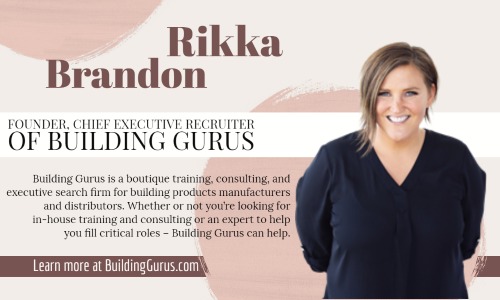Building Gurus: Hiring Plans Make All The Difference

I am a planner by nature.
I like having an idea of what I am doing, where I want to be and a rough thought on how to get there. Now, it turns out there is about a 50/50 shot I will throw the plan out the window and wing it – that’s entrepreneurship for you. But, there are many things in life I absolutely won’t tackle without a solid plan: anything with my kids, vacations, grocery shopping and hiring.
Hiring without a plan is like driving a car without a steering wheel. How the heck do you plan to get from point A to B without crashing and burning? The answer is, you won’t.
Hiring plans help you know exactly what you are doing in every step of the process. They help you think about snags before they happen and figure out how you’ll adapt. They give everyone involved a sense of forward momentum and timing.
Hiring Plans Make All the Difference!
First Steps
Before you can develop the plan, you need to know a lot of basic bits of information. I would highly recommend you have a brainstorm session with everyone involved in hiring. Sit down and talk about all of the things that are important in hiring to your company and build a framework for moving forward.
You can build a master version for hiring and then adapt smaller hiring plans for each role, it works very well!
Things to think about:
- Who’s in charge of hiring? Who assists?
- Who decides on candidates? How do they come to a conclusion?
- What tools do you have and which do you need?
- How will you store data and communications?
- Where will you track the process?
- Where will you source candidates, advertise or post?
- Will you use a recruiter? If so, at what point?
- What steps are needed to hire & when do they take place?
- What are the snags you could run into?
If you already have this thought out it’s probably worth taking another look. Especially if you feel your process doesn’t work.
So now you should have a solid plan in place and have answered the major questions.
Role Specific Plans
Using your overall plan, next focus on a specific role you are looking to fill. Take what you have already decided and fill it in. Then start thinking about the role, the existing teams and resources you have and what you want the hiring experience to look like.
What does the team need for/from this role? Are there existing gaps in your current team? What are the strengths? Are there certain personality types that will work best and some that will have issues?
What does this person need to bring to the table? Which skills will they have, what background, experience & education? What success is expected of them? Are there red flags about a candidate you should be aware of for this role? What is necessary for the candidate to possess and what is nice to have?
What is the timeline for hiring? How will that be enforced? Who is in charge of primary communications with candidates? Who schedules interviews? When will the interviews be held? What is the process from start to finish?
A Word About Timing:
- Time kills deals! Keep in mind a realistic time-frame.
- Most candidates won’t stick around for a four-month process. If you drop off the face of the earth and pop back up months later, don’t expect them to have been sitting idly by.
- Come up with a quick plan that lets you cover all of your needs. If you truly are interested in hiring the best, you need to be flexible and speedy. Don’t let a great hire pass you by because you need board meeting after every step or your hiring manager needs 3 weeks to make a decision.
Working With a Recruiter
Maybe as you sit with all of this, you are a bit overwhelmed. If you think you need assistance, it might be time to consider a recruiter. That is a talk for another day, but something that bears mentioning: you have to figure out where your recruiter plays into all of this.
To be successful, they need to know all of your plans and timelines. Recognize they’ll talk with candidates first and in-between. You might need to adjust your dates a bit.
Also, stay in touch with your recruiter and keep them apprised of changes or delays. When they know your full plan they can help keep you on schedule and brief candidates on how everything falls into place.
Determine who communicates with the recruiter and make sure it is someone who can respond in a timely fashion. Figure out exactly what steps the recruiter will play in your hiring plans before you start the search.
A solid hiring plan (overall and job specific) is the key to a successful and smooth(er) hiring process. Take the time to figure out your plan and stick with it to see the best hiring success.
To view the original post, click here.

Source: Building Gurus

